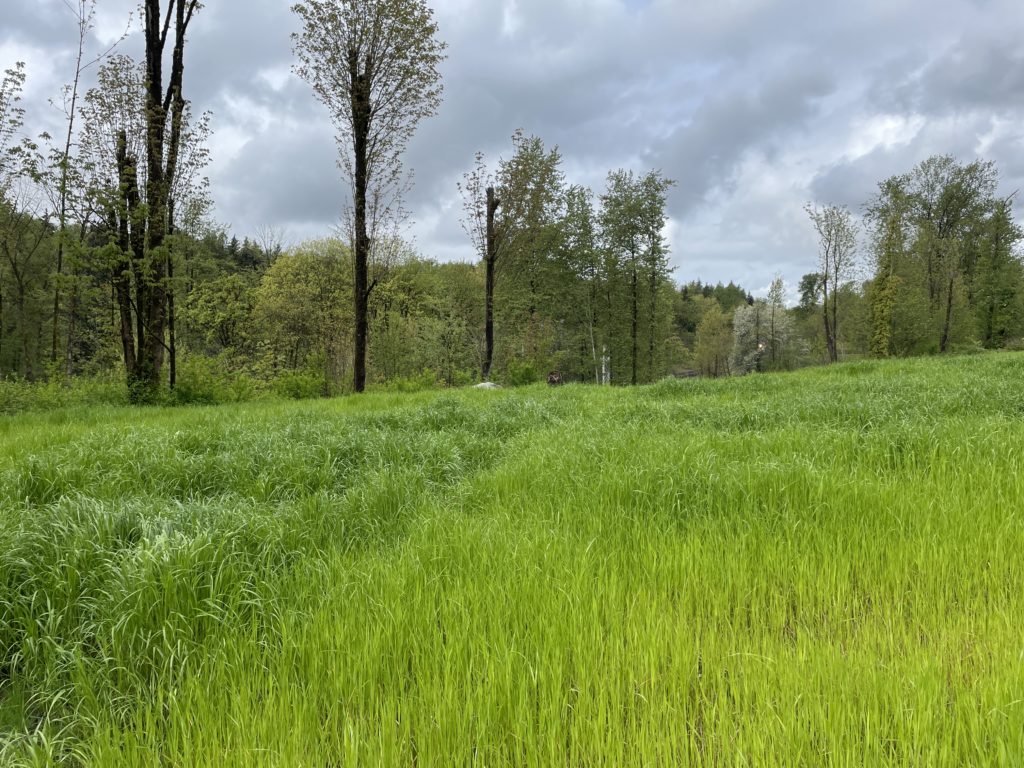NOTE: This is about politics. Canadian politics! If you're not interested in politics, skip to the next post or just scroll to the end for a photo of a kitten.
I think Steve Boots was right, Mark Carney is basically a Conservative prime minister in Liberal clothing. Boots’ video (linked below) details some of the horrible changes proposed by Bill C-2, the “Strong Borders Act” that would give the government far too much power with far too little–or no–oversight. It’s not often that I am motivated to write my MP, but I did today. My riding, which has been an NDP stronghold for decades, saw the vote split between the three major parties in the April 29 federal election, and long-time NDP MP Peter Julian was out. Based on his photo, our new Liberal MP is some high school kid. I wrote this to him today:
Hello Mr. Sawatzky,
Congratulations on winning your seat in the recent federal election.
As a constituent in your riding, I must strongly object to Bill C-2, the so-called “Strong Borders Act” which is draconian piece of legislation that vastly overreaches in giving the federal government expanded powers in law enforcement and immigration with little or no oversight. I believe there are portions of the bill that are unconstitutional.
It is depressing to see a new government come in and make this its first act, which seems mainly aimed at appeasing Donald Trump. This is not leadership, it is capitulation at the expense of Canadians’ privacy and of refugees simply seeking a better, safer life in Canada. We should not be emulating the United States. Prime Minister Carney’s government will not last long if this is the sort of legislation you champion.
I realize you are a Liberal MP and will likely to toe party line, but I urge you to vote against Bill C-2. It must be scrapped. Future governments will only make worse the abuses of power it enables. This is not the Canada anyone should want.
Here’s Boots’ video:
And here’s where you can find your local MP and their email address: https://www.ourcommons.ca/Members/en/search
Finally, here is a kitten:











